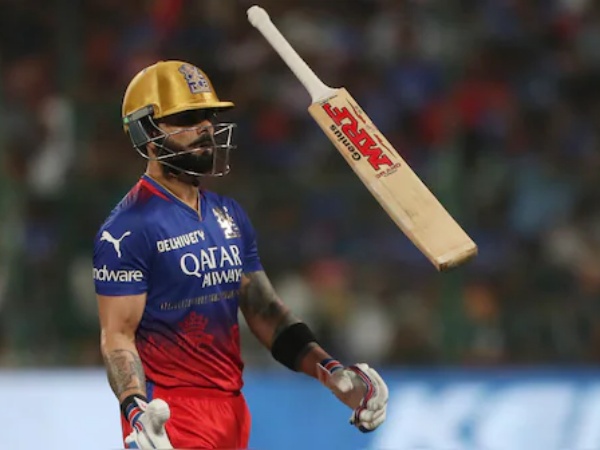views : 599
2 Min Read
Wasim Akram Comments On The Gavaskar-Kohli Controversy
In the recent IPL 2024 developments, tensions flared between Indian cricket stalwarts Virat Kohli and Sunil Gavaskar, igniting fervent debates among fans and pundits alike. Amidst the fiery exchange, former Pakistan cricket captain Wasim Akram stepped in with his seasoned insights, advocating for mutual respect despite divergent perspectives. Akram, renowned for his astute cricketing acumen and candid analysis, lauded both Kohli and Gavaskar as cricketing luminaries, describing them as "greats" and "proud Indians" whose enduring contributions have sculpted the sport's narrative. Navigating through the verbal sparring, Akram commended Gavaskar's illustrious career both on and off the field, citing his indelible mark on cricket's ethos.
Simultaneously, he acknowledged Kohli's towering stature as a premier player, even hinting at his potential to etch himself in the annals of cricketing history as an all-time great. However, Akram expressed a nuanced critique, suggesting that Kohli could have exercised more restraint in his remarks.
In Akram's perspective, the essence of cricket lies not only in on-field prowess but also in off-field demeanor, where mutual respect and sportsmanship transcend individual rivalries. Despite the intensity of the clash between Kohli and Gavaskar, Akram's intervention underscored the importance of fostering a culture of civility and admiration within the cricketing fraternity, where reverence for the game and its luminaries remains paramount.
"Both are greats. Sunny bhai, as a cricketer, as a human being, I know him off the field. As a commentator, he has been doing it for God knows how many years. And coming to the great man, Virat Kohli, he is a top player, a modern great. In fact, he is an all-time great in history, given the kind of performances he has had. But I think Virat shouldn't have said it," said former Pakistan captain Wasim Akram in a recent interview.
The remarks from the ex-Pakistan captain underscored the delicate equilibrium between assessing players and honoring the significance of commentators in influencing the cricketing narrative. Akram emphasized the pivotal contribution of figures such as Gavaskar in the commentary box, leveraging their extensive experience to offer invaluable perspectives on the sport. In this, he shed light on the dual responsibility of commentators: to analyze performances critically while also maintaining a level of respect towards the players. By recognizing the expertise and insight commentators bring to the table, Akram underscored their role as custodians of cricketing discourse, shaping public opinion and understanding of the game.
"It is the commentators' job. If he got slow in a couple of matches and he [Gavaskar] said something, forget about it. Virat is not that kind of a person. Both are proud Indians; both are greats. It's OK; they both will move on pretty quickly. Don't think either will take it personally. They will be fine, I know. I am telling you now. I know them both very well," Akram added.
